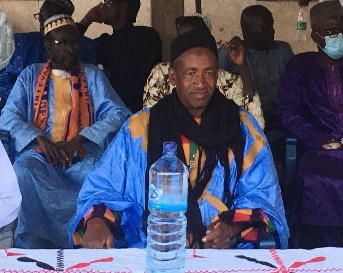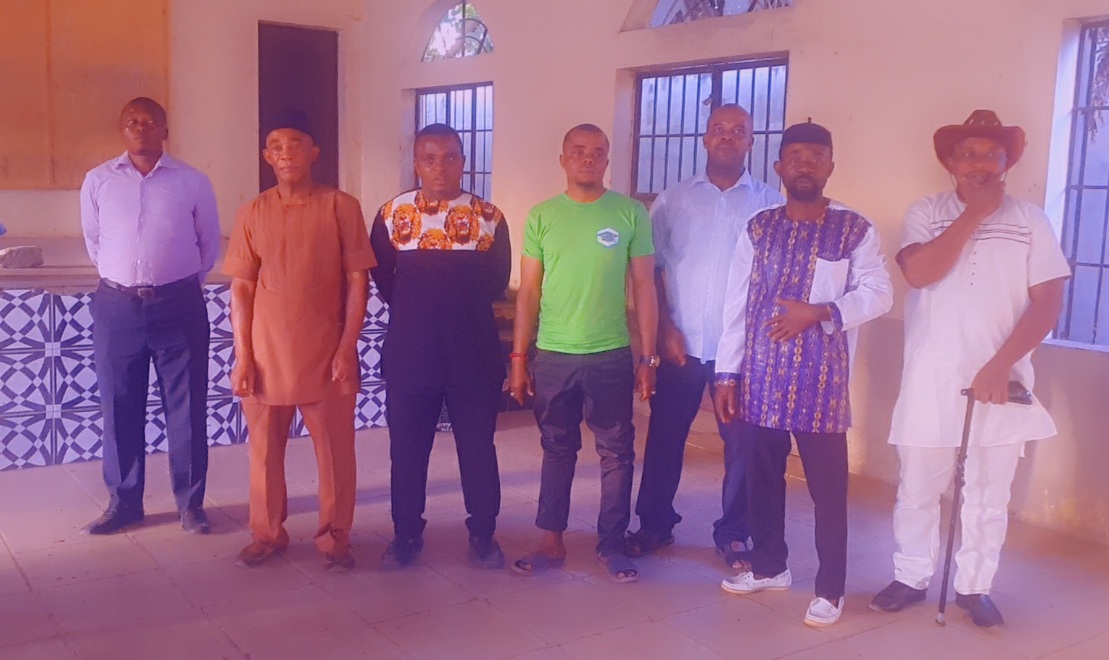By Modou Kanteh
The Principal Assistant Secretary at the Ministry of
Fisheries, Water Resources and National Assembly Matters Ahmat Tijan Jobe has stated that water resources are vital to nation’ development. He said agriculture, livelihood and ecosystems are some of the key areas that makes water vital.
Mr. Jobe made this statement on Thursday at Tango while official opening a Day long Stakeholder Workshop on enhancing Integrated Water Resources Management through Stakeholder Participation (IWRM).He said the workshop marks an important step in strengthening water resources management and collaboration among key stakeholders in The Gambia. Mr. Jobe pointed out that The Gambia’s water resources, including the Gambia River and groundwater aquifers, are increasingly vulnerable to climate change impacts. This he said, “Altered rainfall patterns, floods, and droughts. Integrated Water Resources Management (IWRM) offers a sustainable approach to address these challenges and ensure long-term water security.”
The project is being funded under the UNESCO Participation Programme 2024-2025, focuses on operationalizing the Water Information Network System (WINS) This is an open-access platform that enhances the sharing and visualization of water-related data.
The Principal Assistant Secretary commended UNESCO for supporting the government of The Gambia through the Department of Water resources.
Deputizing for the Secretary General of UNESCO, Lamin Jarju said the workshop is part of activities for UNESCO Participation Programme funded project for The Gambia. He noted that the project seeks to operationalize UNESCO IHP Water Information Network System (WINS) to promote the integrated development, management and utilization of water, land and related resources such as land environment. Jarju added that this is to be done in a coordinated and equitable manner, in order to maximize the economic, social and environmental benefits without compromising the sustainability of vital ecosystems and the environment in the Gambia,
According to Jarju, the Intergovernmental Hydrological Programme’s Water Information Network System (IHP-WINS) is designed to promote the sharing and dissemination of water-related data and information among stakeholders involved in water resources management, as part of the UNESCO IHP mandate. He further stated that the main objective of IHP-WINS is to enhance the availability, accessibility, and usability of water-related information, with a focus on supporting evidence-based decision-making and sustainable water resources management. It aims to facilitate the exchange of data, knowledge, and best practices among stakeholders at various levels, including national, regional, and global scales.
Mr.Jarju suggested that water education should be also in school curriculum. “It is a very important resource that no country can go without,” Jarju noted.





